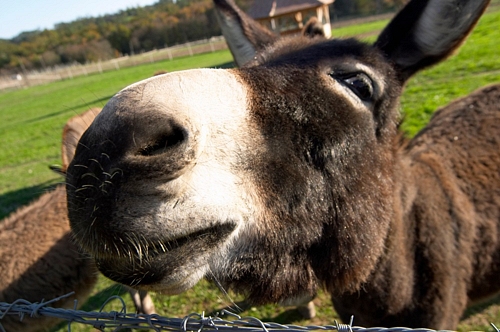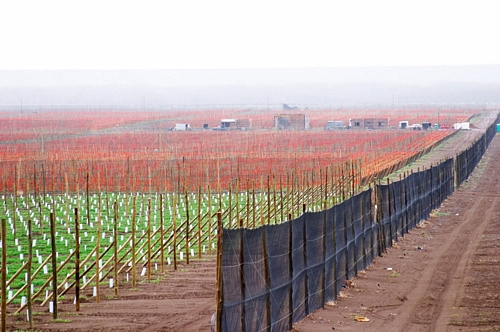
A few years back all EU countries agreed to a reform of the agricultural policies concerning the wine sector. One element was to abolish the existing system with planting rights, that decrees that a grower has to ask for strictly controlled planting rights from the authorities. One consequence is e.g. that a successful producer cannot expand his production, unless he can get some strictly limited planting rights. Earlier this year the AREV (an organisation that often is against progress and liberalisation in agricultural reforms) started a campaign to change the agreement to abolish the planting rights. They have managed to get the French minister of agriculture to support their view (France doesn’t exactly have a history of supporting an open market for agriculture) as well as nine out of 26 countries, according to Vitisphere.

To keep the system with planting rights would be, as far as we can see, primarily a way for the established producers to get protection from new competitors and from more dynamic producers. It would certainly be a step against a market economy and liberalisation – badly needed in the wine sector. And it would hardly benefit the consumer who can expect wine prices to be kept higher.
At La Vigne they have published a few interviews with a few advocates of the planting rights, but they don’t make us much wiser. At least it is apparent that their primary concern is not the wine consumer, or increasing the competitiveness among wine producers. Rather a question of keeping competition out.
– An interview with Christian Paly from the CNAOC
– Interview with Catherine Vautrin who has written a report on planting rights, that is certainly confusing (or totally confused), since she seems to mistake planting rights for the AOC geographical delimitations.
We certainly hope that the EU sticks with its agreement to abolish the planting rights and make the wine sector more open to competition, thus paving the way for a healthier wine industry with better conditions for the growers as well as for the consumers. Instead of a return to protectionism.











One Response